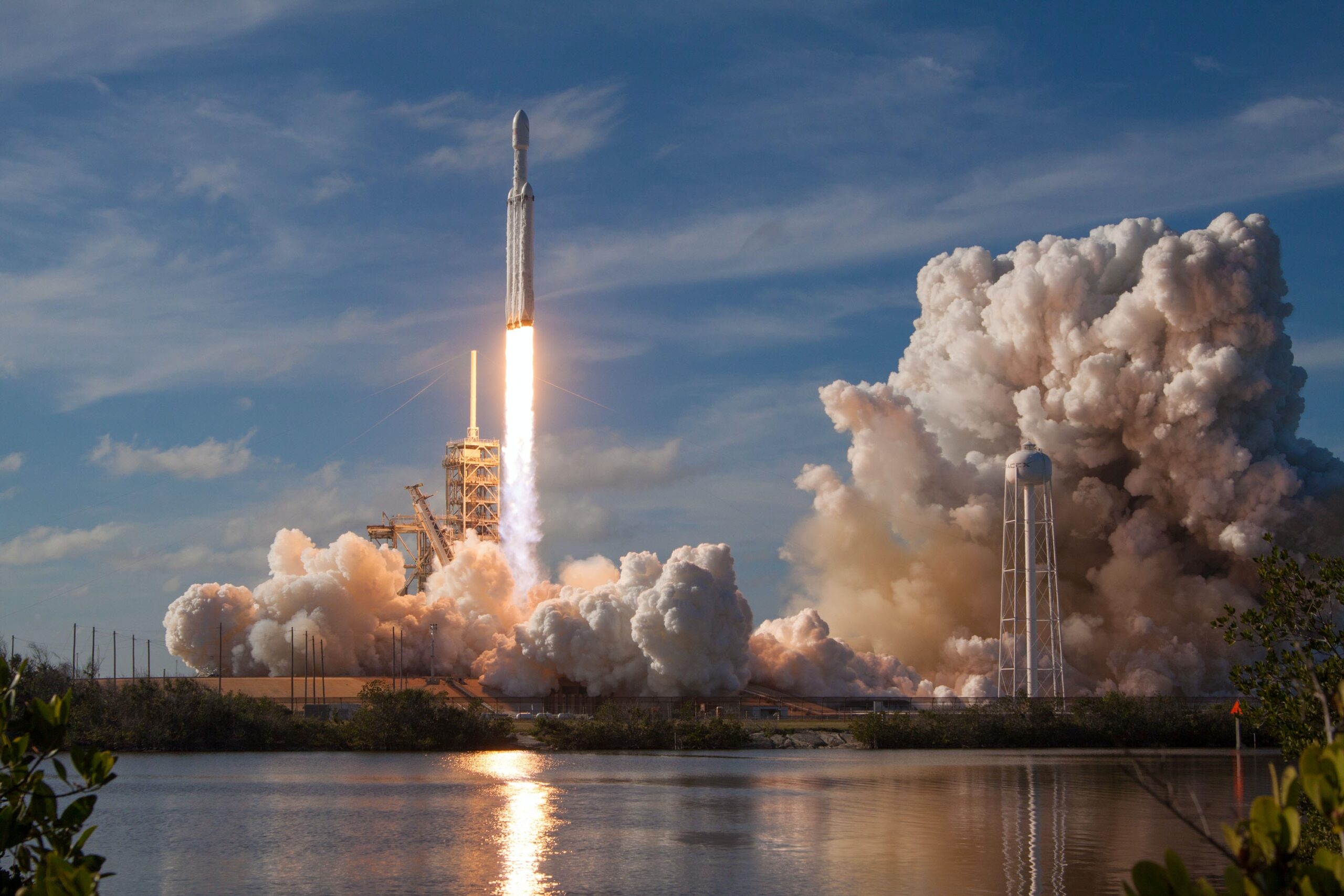Who Owns the Moon? World Superpowers Race to the Moon
Currently, there is an international agreement in place that governs celestial bodies such as the moon. The Outer Space Treaty.

Pixabay
The moon has long captivated our curiosity and imagination, serving as a symbol of mystery and exploration.
With NASA’s upcoming Artemis III mission and the growing interest from other countries and private enterprises, the question arises: Can anyone own the moon? What are the legalities surrounding lunar ownership, and what happens if a country attempts to claim parts of it for themselves?
Currently, there is an international agreement in place that governs celestial bodies such as the moon. The Outer Space Treaty. The United Nations adopted the treaty in 1967, establishing that outer space, including the moon and other celestial bodies, is not subject to national appropriation by any means.
In other words, no country can claim ownership of the moon or any part of it.
Peaceful Exploration
The Outer Space Treaty sets forth principles to ensure the peaceful exploration and use of outer space for the benefit of all humanity.
It promotes cooperation among nations and prohibits the placement of nuclear weapons or any other weapons of mass destruction on celestial bodies.
It also establishes that space exploration should be carried out for the benefit of all countries, regardless of their level of technological advancement.
While the Outer Space Treaty prohibits ownership of the moon, it does not prevent countries from conducting scientific research or establishing bases for peaceful purposes.
For example, NASA’s Apollo missions in the 1960s and 1970s involved landing astronauts on the moon to conduct scientific experiments and gather valuable data.
These missions were carried out within the framework of international cooperation and were not aimed at asserting ownership.
Moon Base
China’s plans for a moon base by 2035 have sparked discussions about the implications of such endeavors.
While the Outer Space Treaty does not explicitly address the establishment of permanent bases, it does require countries to conduct their activities in a manner that avoids harmful interference with the activities of other states.
This means that any moon base or similar facility should be operated in a way that respects the principles of peaceful exploration and cooperation.
It is worth noting that the absence of lunar ownership does not mean that the moon is a free-for-all resource.
The Outer Space Treaty also establishes that the exploration and use of outer space, including the moon, should be carried out in accordance with international law, including the principles of international law concerning the utilization of natural resources.
As space exploration and commercial interests in the moon continue to grow, questions may arise regarding resource extraction and utilization.
The legal framework for such activities is still evolving, and international discussions are ongoing to address these issues.
It is likely that future agreements or protocols will be developed to govern the exploitation of lunar resources in a fair and equitable manner.









